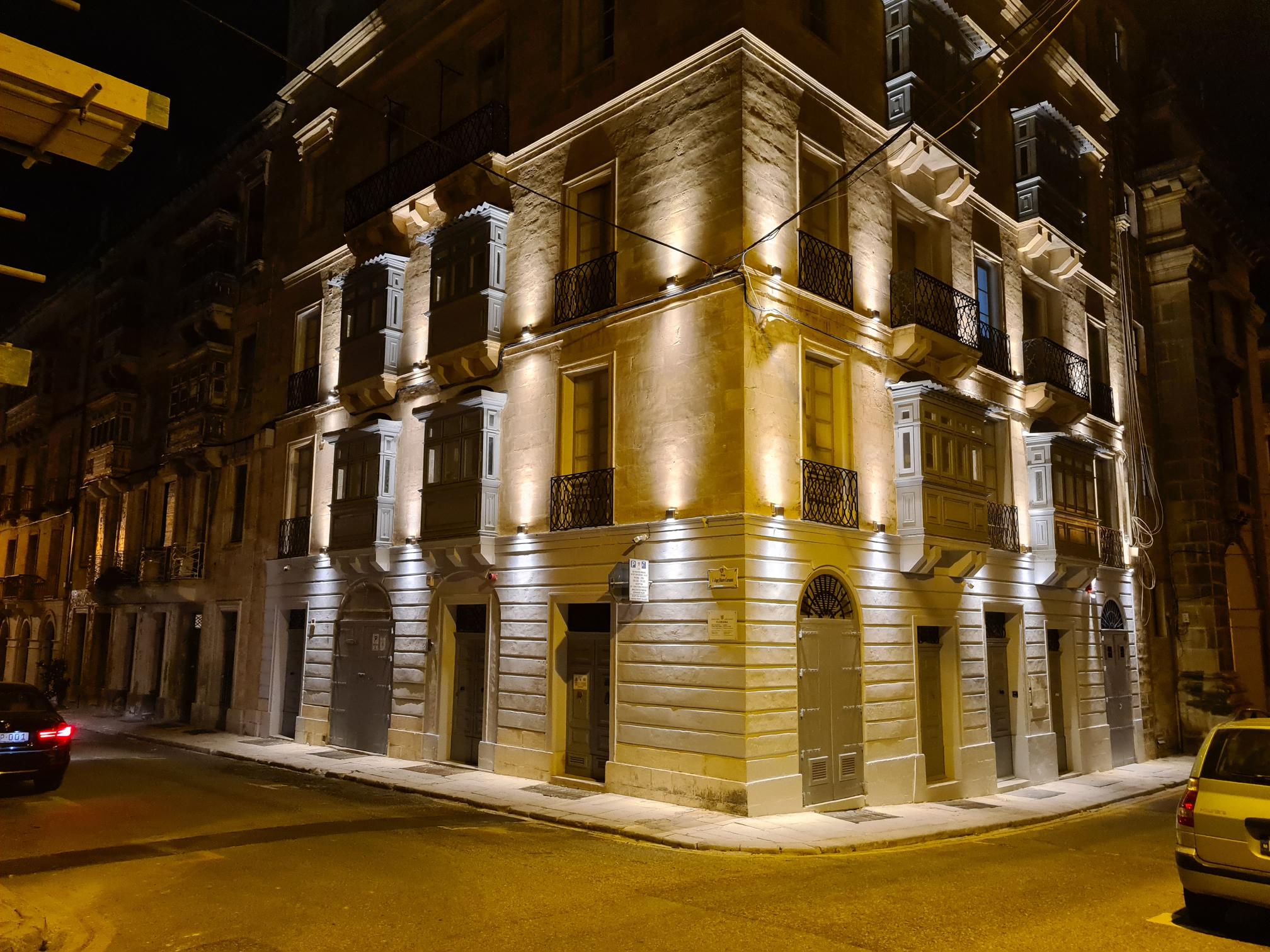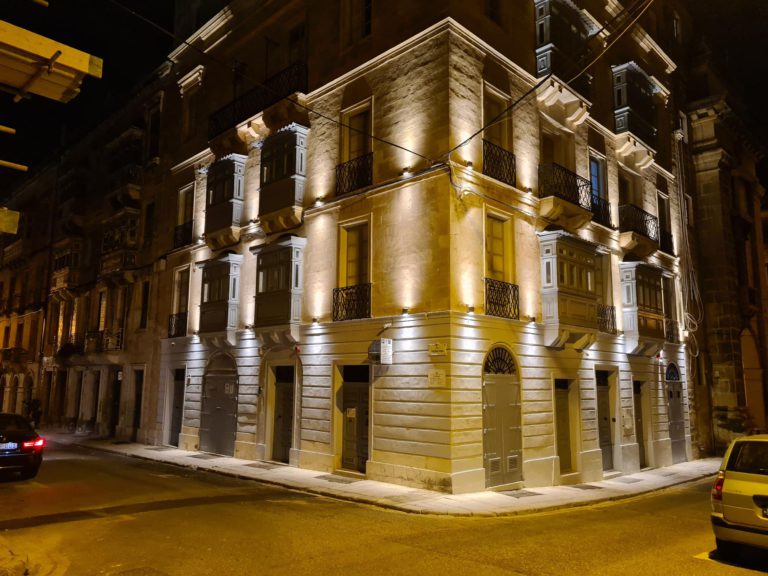Over 700 firms have secured financial backing through the Malta Development Bank (MDB) since its founding in 2017, with over €600 million in loans guarantees and guarantees being issued to support the local business sector, reflecting almost 14 per cent of all outstanding business loans in the country, according to the Bank’s 2021 Annual Report.
The wholly state owned-MDB’s strategic objective is to offer financing facilities that support productive and viable operations where the market is unable or unwilling to accommodate such activities on its own.
The Bank explained that as the pandemic continued to restrict economic activity and liquidity in 2021, it extended its COVID-19 related schemes to ensure that firms continued to have access to ample bank credit to finance their working capital needs.
The report also highlights the Bank’s countercyclical role through the evident inverse relationship between the intensity of MDB’s assistance and GDP growth during the past seven quarters of available data.
The COVID-19 Guarantee Scheme (CGS) remained the Bank’s most impactful scheme, with more than 600 firms employing around 40,000 persons benefitting during one of the most challenging times in recent economic history.
The CGS provided a lifeline to businesses requiring finance to cover working capital costs such as wages, rental costs, and utility bills. In parallel, the MDB also operated an Interest Rate Subsidy Scheme, which provided grants on interest payable on CGS loans.
Alongside the extensive crisis response measures, the Bank’s core programmes continued to deliver significant contributions. SME Invest remained MDB’s main guarantee scheme for new investments by small businesses. As at the end of 2021 the allocated portfolio of €50 million had been almost entirely absorbed.
The Further Studies Made Affordable Scheme, through which the Bank continued to support the upskilling of Malta’s youths and strengthening the country’s human capital, was also highly successful, so much so that it had its budget topped up for the year in review. Subsequently, earlier this year, a new scheme, the FSMA+ was launched, also through EU funding, making available another €15 million in soft loans for students.
The Bank also continued to support infrastructure projects, whose borrowing requirement tends to exceed the amount that any single commercial bank is willing to accommodate.
Introducing the report, MDB Chairman Prof. Josef Bonnici explained that as the economic situation evolved in the past months, the Bank has adjusted its strategy to reflect the changing needs of the economy and the business community, adding that it has now set the wheels in motion to develop programmes that reflect the evolving circumstances of the post-pandemic scenario.
Prof. Bonnici said that the MDB was keeping an eye on the unfolding situation in Ukraine and its effects on the Maltese economy. “In this regard, the Bank is actively considering the introduction of a number of measures to support strategic sectors in securing the supply of key commodities and to facilitate the flow of liquidity to local businesses”, the chairperson said.
The Bank has also invested significantly in improving its internal organisation, including its governance structures, to ensure that it is better positioned to access EU funded financial instruments made available through the support of the European Investment Fund and going forward under InvestEU.
During the year the MDB signed two guarantee agreements amounting to close to €80 million under the Pan-European Guarantee Fund (EGF) to support the two financial instruments soon to be launched by the Bank. Such guarantees shall be leveraged through intermediating commercial banks enabling an injection in excess of €150 million in the economy.
Chief Executive Officer Rene Saliba explained that in spite of the international economic uncertainty and geopolitical tensions, indicators point towards a sustained recovery, for the European and Maltese economy.
“In such a context, the MDB has been for the past months carrying out extensive research and consulting with economic stakeholders, in order to design the instruments required by the local economy to support its regeneration and meeting the strict obligations associated with the fight against climate change and the extensive investment gap in digitalisation. On all fronts, the Bank will retain its strong social dimension which has characterised its short history”, he added.
Self-employed, employees and companies contribute €2.1 billion in 2023
Parliamentary data reveals five-year growth trends in fiscal contributions
MFSA concludes review of Crypto-Asset Service Providers following MiCA implementation
The Authority provided clear expectations and guidance to address certain concerns.
Malta Development Bank to launch schemes supporting sustainable development and creative sector
In 2024, the MDB launched the SME Guarantee Scheme and the Guaranteed Co-Lending Scheme






